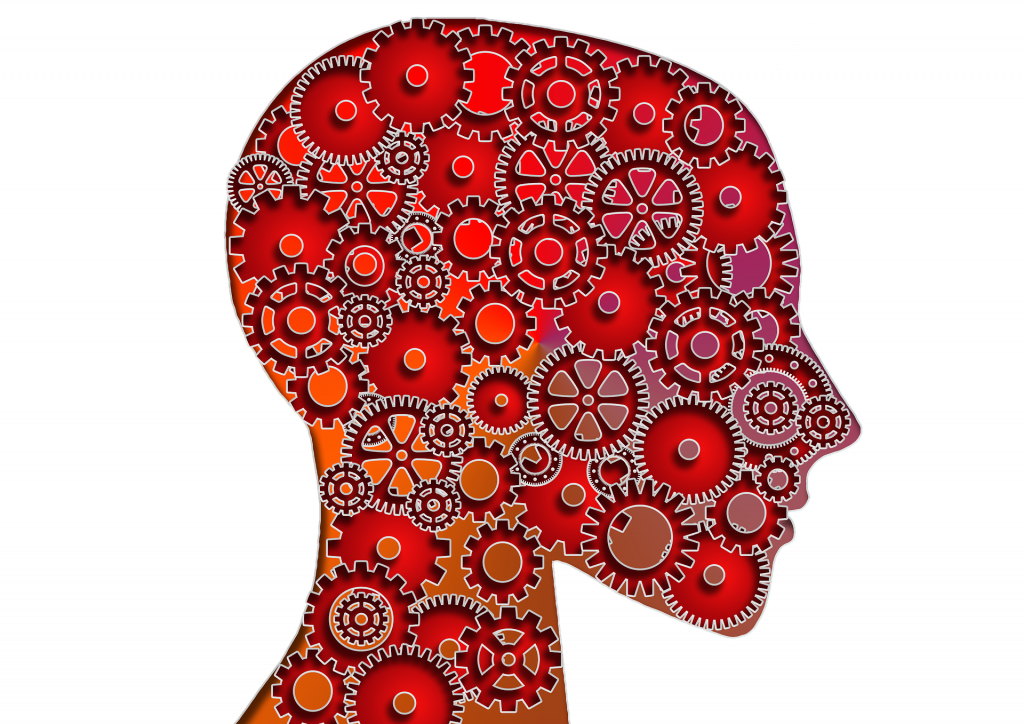Management and psychoanalysis, a strange combination at least, we could say… while psychoanalysis speaks of unconscious desire, guilt, sexuality, etc., in management these words are silenced and replaced by others: motivation, inspiration, charisma, etc. .

Beyond the difference in language, the two have a completely different approach to the human psyche: while psychoanalysis brings the unconscious to the surface, arguing that the ego is not always the decision maker, management studies support the existence of a rational individual in full control. acting magically in accordance with his own intentions.
Beyond this apparent dichotomy, management is a social profession, a science of human interaction, in which the manager must take into account the qualities, defects, strengths and weaknesses of those around him. But in order to have a more realistic and less distorted perception of himself and those around him, a manager must know himself very well.
… Because, as he said Laurent Lapierre (Psychoanalyst, Professor of Management and Leadership, HEC Montreal), "We drive as we are", and in order to be a better, more efficient manager, you have to know yourself very well.

"Managers don't want to hear about it, they like to think they have absolute control. They even feel insulted to hear that certain things come from the unconscious. But whether we like it or not, people have their blind spots and their irrational needs can seriously affect the management process. In addition, many CEOs suffer from depression.
The middle period of life brings with it a reassessment of professional identity, and when the leader already becomes CEO, the existential crisis is imminent. This can happen to anyone, but the probability is higher for CEOs and senior managers, as many of them have dedicated their entire working lives exclusively. Of course, this is not the case for everyone. Healthy leaders are talented in self-observation and self-analysis. The best are very motivated to spend time self-reflecting. Their lives are balanced, playable, creative and inventive, and have the ability to be nonconformist. Those who accept their own madness can be the healthiest leaders. ” Manfred Kets de Vries, Professor of Management at INSEAD, Psychoanalyst
In an era of emotional intelligence and emotional management, wins the one who has a better ability to adapt to difficult situations and difficult personalities, the one who can tolerate the aggression of the other, without feeling attacked or annihilated by him, the one who accepts himself and who can accept others -what I feel and think differently from him -, wins the one who can admit his mistakes and who can build a space of tolerance in which others feel free to think creatively and innovatively, wins the one who can surround himself with brilliant collaborators, without to feel in danger…

